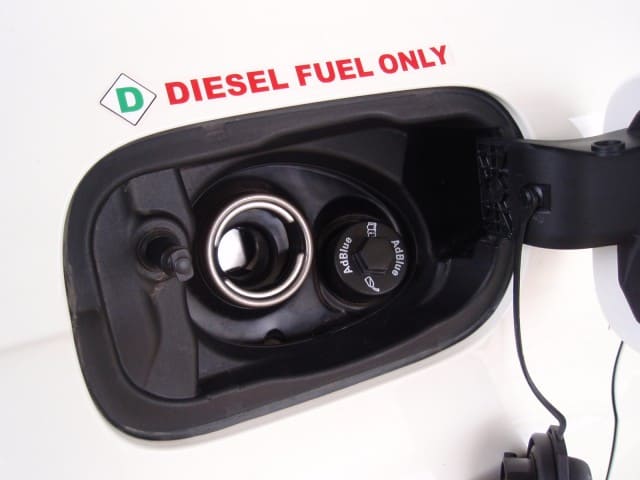

One of the most successful tag lines ever created is Nike’s “Just Do It” campaign. Their message is clear: Whatever your passion might be, follow it and put your heart and soul into it. Don’t hold back, seize the day—just make sure you’re wearing your Nikes.
My tag line is the opposite: “‘Just Don’t Do it!” Don’t do what? Don’t be shortsighted as a buyer of liquid fuels when offered a wonderful deal on your next biodiesel (or might I say “biofuel”) purchase. There is a growing concern that viscous renewable diesel has made its way into diesel and heating oil pools across the national supply chain, which in turn has created operational challenges that could be costing fuel buyers real money to remediate.
The singular advantage that viscous renewable diesel offers unsuspecting buyers is it’s too-good-to-be-true arbitrage potential. It’s not rocket science. If someone provides a liquid that meets no ASTM specification but can entice a buyer with a deep discount against NYMEX, then it’s a win for that buyer and seller. Beyond the immediate financial gain it’s all downhill from there. Those who purchase this off-spec fuel to blend into middle distillates in either diesel or heating oil will be the ultimate losers. You need not take my word for it—countless respectable organizations have written position papers denouncing viscous renewable diesel’s use in diesel engines and heating oil systems.
The U.S. Department of Energy states that “raw or refined vegetable oil, or recycled greases (i.e. viscous renewable diesel) that have not been properly processed into biodiesel, are not biodiesel and should be avoided.” The use of raw, unprocessed vegetable oils or animal fats in – regardless of blend level – can have significant adverse effects and should not be used as a blend stock in modern diesel engines or energy efficient oil burners. Because of its higher viscosity and chemical composition, it has been identified as the cause of such problems as piston ring sticking, injector and combustion chamber deposits, fuel system deposits, reduced power, reduced fuel economy and increased exhaust emissions. None of these negative outcomes should be allowed to transpire because of an upstream arbitrage windfall that benefits the blender and harms the downstream fuel dealer and end-user who believe that they’re buying, selling, and using an ASTM-specified product.
The list of bad outcomes that can result from use of this product continues with potential degradation due to oxidation when compared with petroleum diesel fuels. This type of oxidation leads to sludge formation in the storage or vehicle fuel tank, which in turn can plug filters and prevent fuel delivery to the engines combustion chamber. The oxidation is accelerated by exposure to extreme temperatures in common rail fuel injection systems and the recirculation of fuel in the engine’s fuel delivery system.
If you are a home heating oil dealer thinking you’re exempt from post-sale consequences associated with viscous renewable diesel, think again. The heating oil industry has wrestled with fuel quality challenges as far back as the seventies. Although much has improved with the use of performance additives, on-specification biodiesel and now the implementation of ultra-low sulfur fuel, it takes but one encounter with this viscous renewable material to set our progress back exponentially.
Consider this article a public service announcement. We have a responsibility to our customers to sell them only the highest quality fuels available. Considering the market contraction that the heating oil industry has endured for decades, as well as the demands of government to provide more miles and cleaner miles over the road, the only thing we should be focused on “Just Doing” is the right thing.

